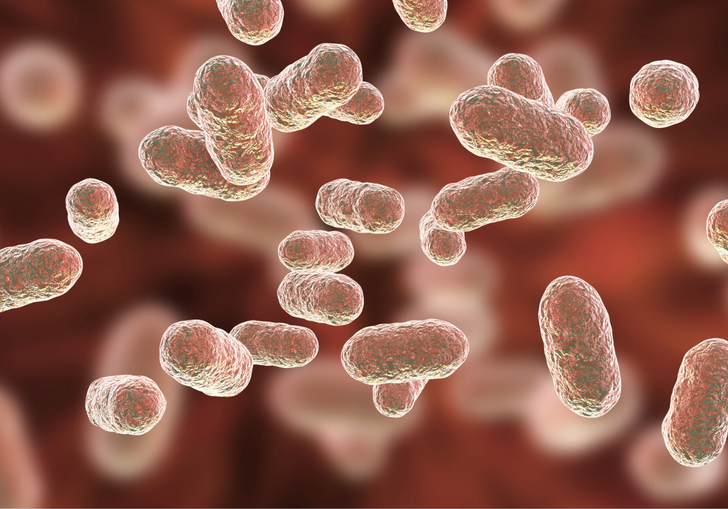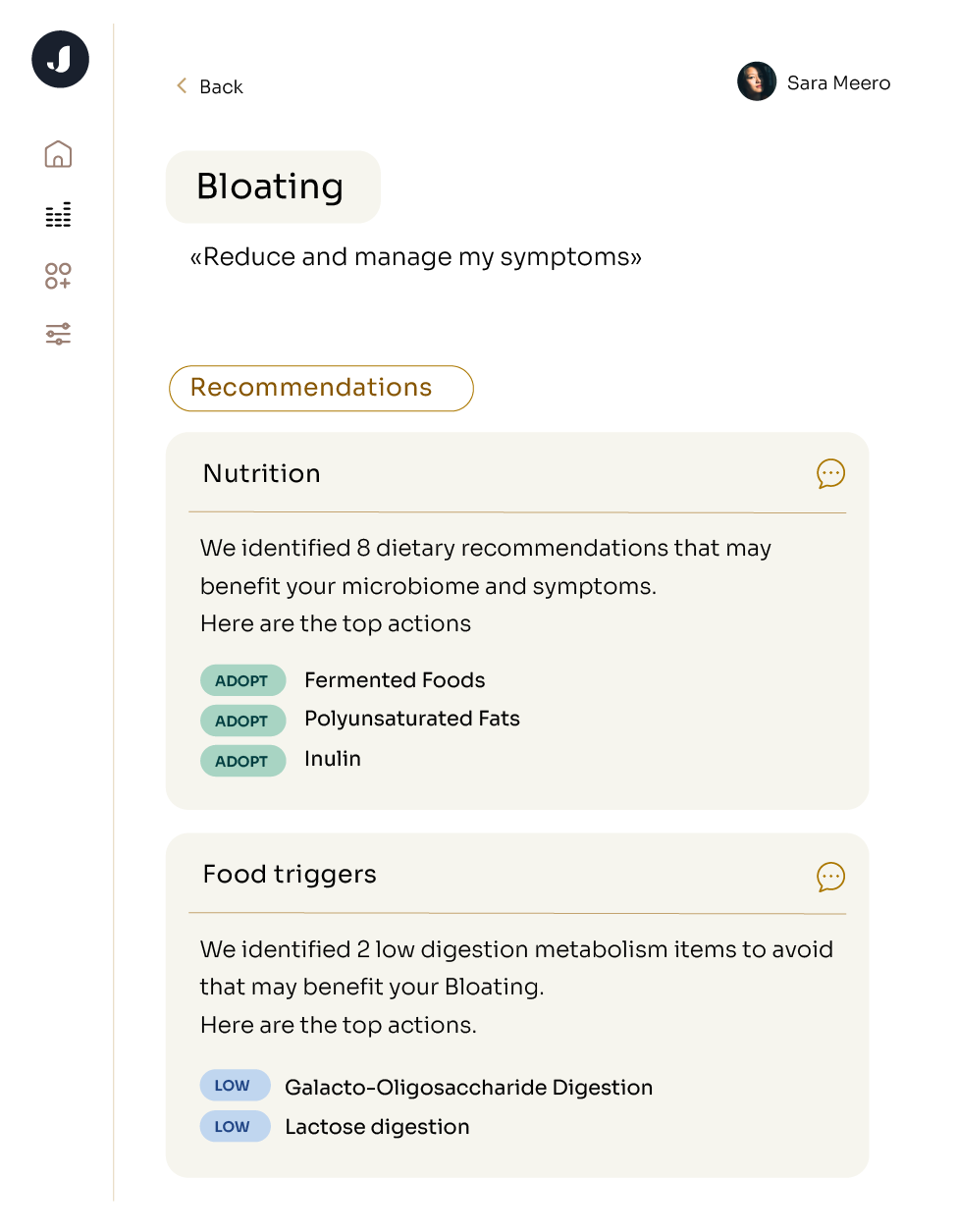Different types of athletes exhibit unique microbiome profiles, reflecting the specific demands, diets and adaptations of their respective sports. For instance, endurance athletes tend to have a distinct microbiome composition compared to strength athletes and generally fit individuals. One notable difference is the higher abundance of Blautia sp AF19 10LB in endurance athletes. This microorganism’s higher prevalence suggests a possible link between microbiome composition and the energy demands of prolonged physical activity.
The gut microbiome significantly influences overall fitness and cardiorespiratory fitness (VO2 max), key determinants of athletic performance. Specific microbial organisms have been linked to these fitness parameters. For example, lower levels of Roseburia intensinalis and higher levels of Phocaeicola vulgatus are associated with overall fitness. In contrast, cardiorespiratory fitness correlates with lower levels of Phocaeicola massiliensis, Eubacterium siraeum, Lachnospira pectinoschiza, and higher levels of Bifidobacterium adolescentis and Bifidobacterium longum. One fascinating study involving Boston Marathon runners highlighted the potential of the microbiome to enhance specific athletic performances. In these runners, researchers found Veillonella atypica in higher abundance among better performing runners and hypothesized that this strain causes improved running performance. To test this hypothesis, the researchers inoculated this strain into mice and found that introducing this strain enhanced treadmill runtime by converting exercise-induced lactate into propionate, a process that boosts energy production and endurance.
The gut microbiota significantly influences protein absorption, utilization, skeletal muscle anabolism and functionality, commonly referred to as the gut-muscle axis. This effect of the microbiome is believed to be accomplished via fuel availability, storage and inflammation modulation. Probiotic supplementation, such as with Lactobacillus paracasei, has been shown to enhance the bioavailability of plant proteins, raising essential amino acid and BCAA concentrations to levels comparable to animal proteins. Furthermore, the probiotic Bacillus coagulans, when co-administered with protein, reduces epithelial cell inflammation, enhances nutrient absorption, and produces proteases that increase amino acid absorption in humans. These effects contribute to reduced muscle damage and improved muscle recovery, thereby enhancing overall adaptation and performance. Increasing the bioavailability and absorption of dietary protein, the gut microbiota plays a crucial role in muscle mass and function, offering a key mechanism by which it can positively impact athletic performance.
A significant percentage of athletes, ranging from 30-50%, experience gut issues such as bloating, nausea, abdominal pain, cramps, flatulence and diarrhea. Each one of these issues have been linked to disruptions in the microbiome with unique signatures. These disruptions not only impact gastrointestinal health but also have broader implications for athletic performance, recovery and overall well-being.
Stress fractures are a prevalent concern among athletes and recent research highlights the regulatory role of the gut commensal microbiome in bone mass maintenance. The microbiome influences bone health by altering the skeletal immune system, hormonal regulation of bone metabolism, and producing bacterial metabolites that act as cellular messengers to bones. In a healthy gut environment, Lactobacillus crispatus’s S-layer protein interacts with collagen in epithelial cells, ensuring a balance between bone formation and resorption. However, disruptions in the microbiome can upset this balance, indirectly affecting osteoblast and osteoclast activity and altering bone metabolism through the regulation of growth factors and immune function within the bone marrow. Additionally, the gut microbiota can influence the metabolism of serotonin, cortisol and sex hormones, all of which are critical for bone mineralization.
Probiotics have demonstrated significant potential in enhancing various aspects of athletic performance, as highlighted by several studies. For instance, a study involving college physical education students found that probiotics containing S. thermophilus and L. delbrueckii subsp. bulgaricus significantly improved VO2max and aerobic performance compared to a control group. In another study, female volleyball and soccer athletes who took probiotics containing Bacillus subtilis experienced a notable reduction in body fat percentage, despite no changes in strength or overall performance. Cognitive function and sport recovery were also positively influenced by probiotics; a study of female swimmers revealed that those taking Bifidobacterium longum had more favorable sport recovery-related scores. Another study with female swimmers demonstrated a notable increase in VO2max among those taking probiotics (L. acidophilus SPP, L. delbrueckii subsp. bulgaricus, B. bifidum, and S. salivarius subsp.), although no differences were observed in their 400-meter swimming times compared to the control group.








